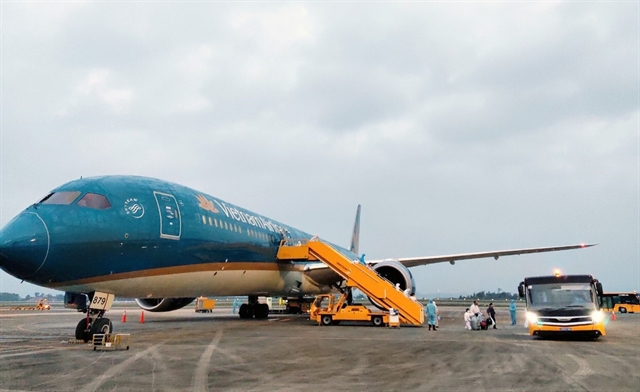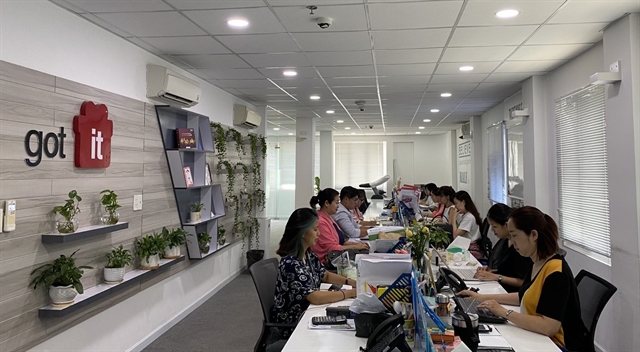
HÀ NỘI — A policy research forum was held in Hà Nội on Monday to look into the enhancement of Việt Nam-Japan co-operation for the sustainable energy development in the Greater Mekong Subregion (GMS) in the post-pandemic period.
The event looked at co-operation in energy development and issues affecting the building of sustainable energy policies in the GMS, while offering some policies to promote the two countries’ co-operation and their contributions to sustainable energy development in the subregion.
Dr Trần Thị Hồng Minh, Director of the Central Institute for Economic Management (CIEM), said the Vietnamese economy had been growing relatively fast, and economic growth would be an important target for the Party and Government in the coming decade.
That would lead to a huge demand for energy. To sustainably meet this need, the country was considering the development of different energy sources, without relying on fossil fuel or hydropower, she noted.
Việt Nam realised the importance of sustainable energy development in the GMS and frequently discussed this issue with other member countries, she said, highly valuing the participation and support from partners both inside and outside the subregion.
In recent years, ties among the GMS countries, comprising Myanmar, Laos, Thailand, Cambodia, Việt Nam, and China’s Yunnan and Guangxi provinces, have increased substantially.
Together with the intensive integration in ASEAN and ASEAN Plus, the GMS nations have also issued many initiatives and boosted ties in numerous fields, from trade – investment to infrastructure development, energy, telecommunications, human resources development, and environmental protection, among which energy is an important area strongly linked with co-operation and development in other sectors, according to Minh.
She said that although the GMS countries were forecast to need more energy in the next decade, it would be hard for them to develop sustainably and effectively if their energy policies were built separately and inharmoniously.
They should enhance co-operation towards a sustainable and harmonious energy policy at the regional level, the CIEM director went on.
Fukunari Kimura from the Faculty of Economics at Japan’s Keio University said the GMS was seen as the most successful subregion with fast economic growth and poverty reduction over the last three decades.
However, he noted, the development gap here remained wide, and sustainable development-related issues like water resources management and the environment had become urgent issues.
Nguyễn Ánh Dương, head of the CIEM Department for General Economic Issues and Integration Studies, pointed out the importance of ensuring energy security, noting that Việt Nam needs a more balanced energy structure, to facilitate the reasonable export and import of energy, and promote more substantive discussion on energy and sustainable development with other GMS nations.
At the forum, Minh said there remained much room for Japan to bolster energy co-operation with GMS countries, suggesting that besides taking part in suitable energy projects, Japan could also share experience in assessing projects’ impacts and building plans and solutions to deal with risks.
With Japanese firms’ increased presence in the GMS, a sustainable energy policy for this region would also benefit Japan, she added. — VNS
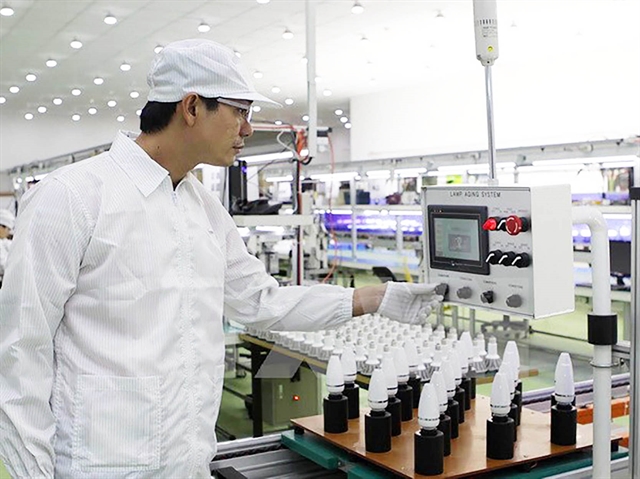
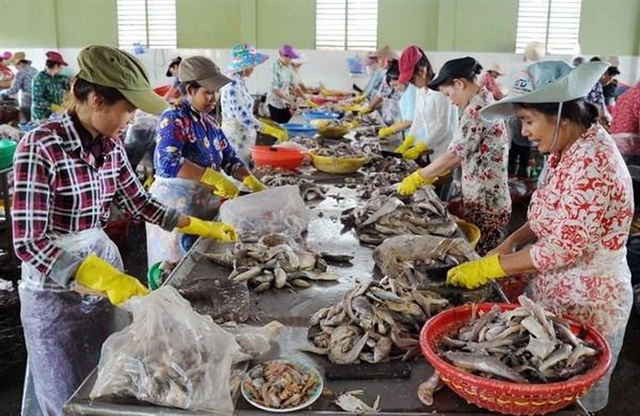


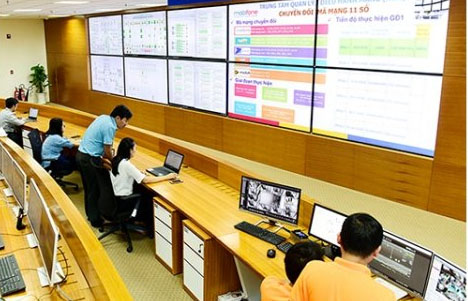
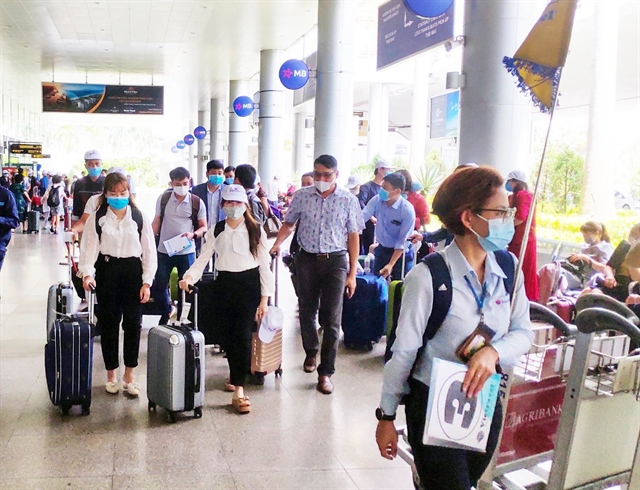

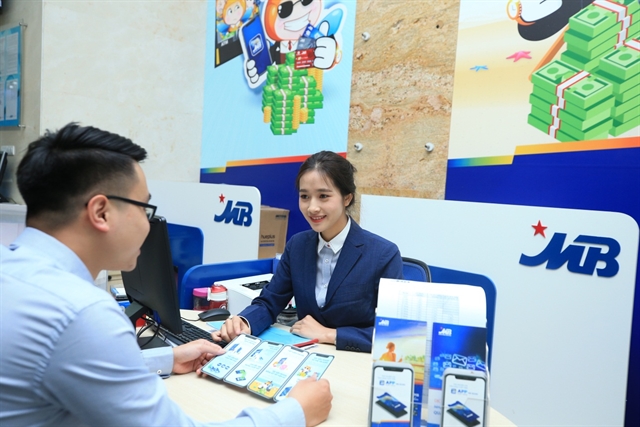
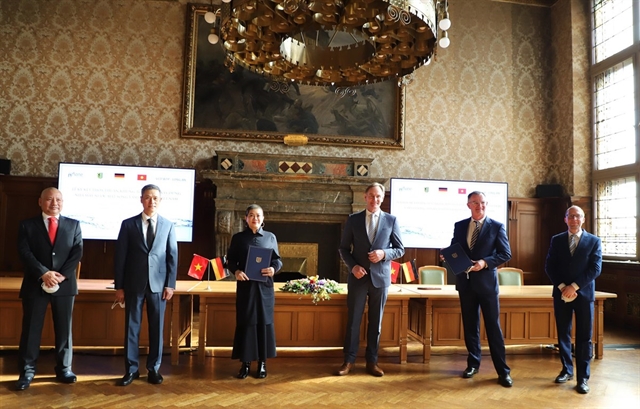
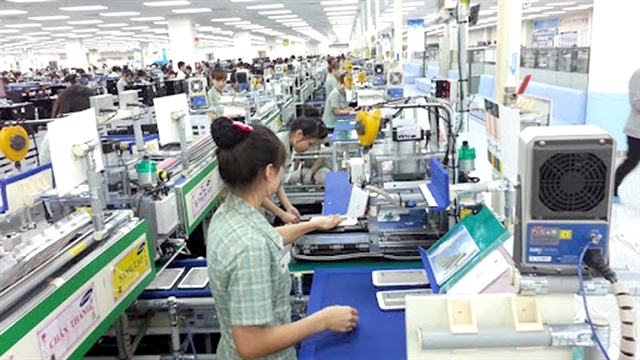
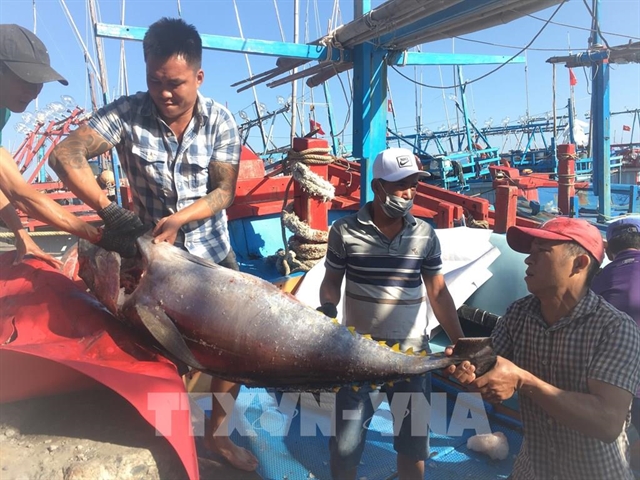
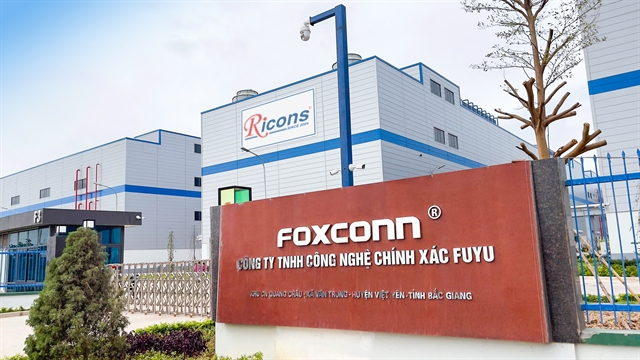

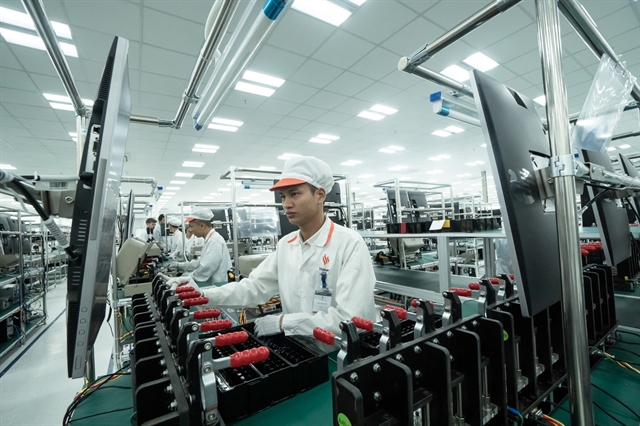


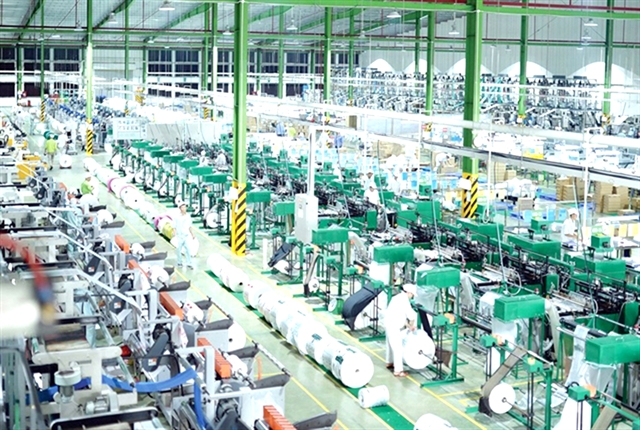
.jpg)
